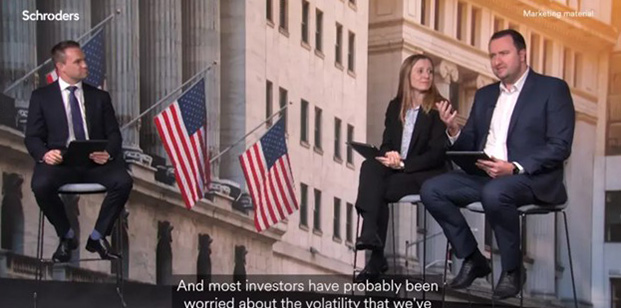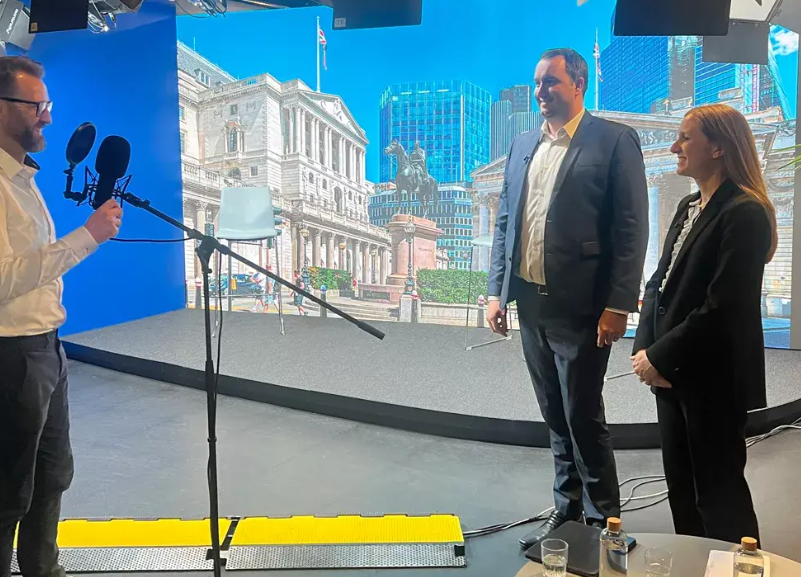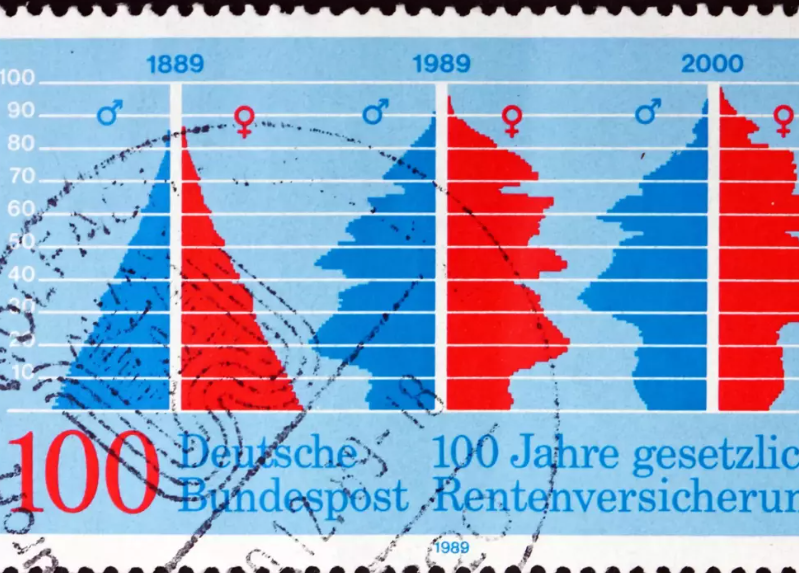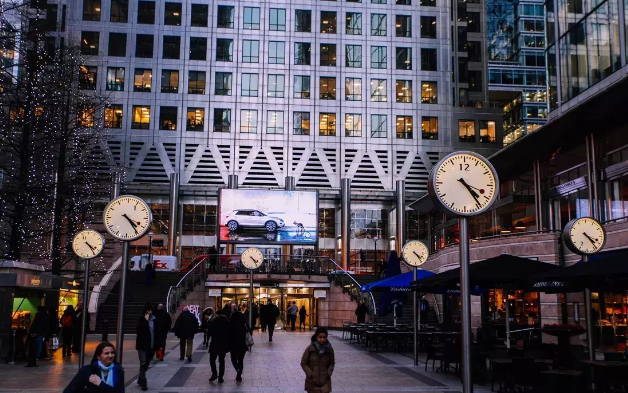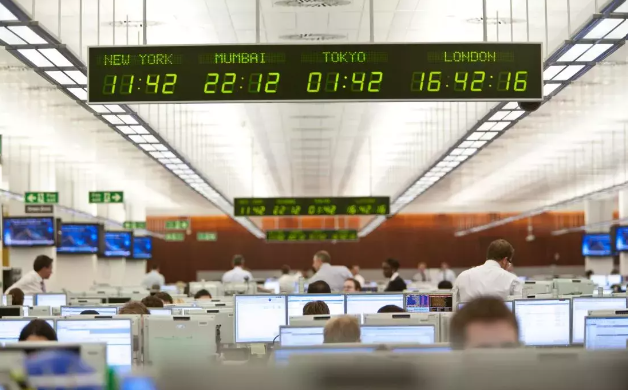

Schroders
Founded in 1804, Schroders is one of Europe’s largest independent investment management firms by assets under management. Our purpose is to provide excellent investment performance to clients through active management. The business channels capital into sustainable and durable businesses to accelerate positive change in the world. Schroders’ business philosophy is based on the belief that if we deliver for clients, we deliver for Shareholders and other stakeholders.
Schroder Investment Solutions offers a series of award-winning low-cost and risk mapped model portfolios and multi-asset funds.* Our solutions range is designed to help you deliver a breadth of good value solutions that meet your clients’ investment needs.
Delivering appropriate client outcomes is at the heart of everything we all do. We’ve supported financial advisers for over a decade to help deliver the outcomes their clients are seeking and we manage £5 billion (as at 31.03.2023) across our range of solutions.
*Schroder Investment Solutions was named Best Model Portfolio Service at the Professional Adviser Awards 2022 and 2023. Issued by Schroder Investment Management Limited. Registration No 1893220 England. Authorised and regulated by the Financial Conduct Authority. For regular Schroder Investment Solutions updates by e-mail please register here.
Latest Insights
Rt. Hon. William Hague joins Schroders to discuss what's really happening behind closed doors when policy makers and business leaders meet to discuss tackling the global forces shaping the world.
Schroders explores how geopolitics are impacting the global economy and examine the implications for markets.
Like Mr. Topsy-Turvy from the best-selling Mr Men books, the UK equity market has been performing in a funny sort of way.
Schroders assesses the economic implications as populist parties look set to take more control of political agendas in Europe.
Shifts in geopolitical and fiscal trends set the scene for sustained demand for gold, and Schroders believes that gold miners may be poised for a major recovery.
Practical Guides - Sustainable Investing
Investment Trusts
investIQ




























